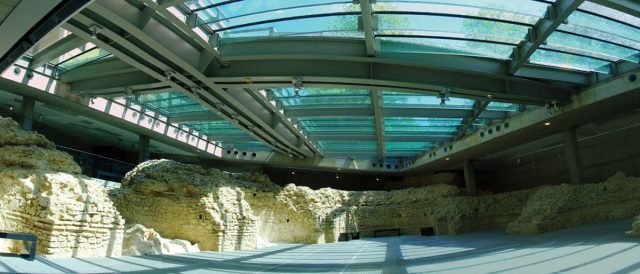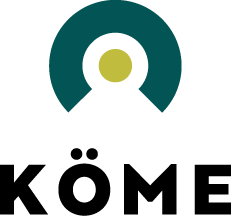Interpretive planning is a structured approach in designing communication at heritage sites like museums, monuments, national parks, etc. KÖME organises a course in interpretive planning for the first time in Hungary.
Interpret Europe’s Certified Interpretive Planner is a 40 hours training designed for professionals who plan all types of heritage sites (such as architects, guides, writers, curators, museologists, managers), interested in a functional framework for their teams. The course brings forward both sustainable development agenda and involvement of wide variety of stakeholders into the planning process.
Date: 28th April – 2nd May 2022
Location: Early Christian Necropolis of Pécs, Hungary

Number of participants: max. 18 people
Organizer: Kulturális Örökség Menedzserek Egyesülete / Association of Cultural Heritage Managers
Lecturers:
Michal Medek teaches Heritage Interpretation at the Masaryk University in Brno and he is pioneering the field in the Czech Republic. He is a director of the Czech Institute for Heritage Interpretation that works on varied heritage interpretation projects. Michal holds a Postgraduate Certificate in Interpretation: Management and Practice from the University of the Highlands and Islands (2013) apart from MA in environmental humanities and MSc in geography, biology and geology. Michal is an Interpret Europe trainer of CIG, CIW and CIP courses.
Thorsten Ludwig (MSc Interpretation) studied archaeology and worked at a German national park until 1993, when he founded Bildungswerk interpretation as his own consultancy.
For 12 years, he was on the Board of Directors of the German Association for Natural and Environmental Education (ANU), where he was involved in three projects on Education for Sustainable Development, all awarded by the German UNESCO Commission. He then chaired the Board of a foundation running a medieval castle and introduced a system of about 40 youth groups advised by professional craftsmen to take responsibility for the conservation of the site.
From 2015 to 2021, he has been Managing Director of Interpret Europe. In that context, he was awarded the European Union’s Altiero Spinelli Prize 2017 for launching the initiative ‘Engaging citizens with Europe’s cultural heritage’, represented Interpret Europe at the Stakeholder Committee for the European Year of Cultural Heritage 2018, and was appointed member of the European Commission’s Expert Group on Cultural Heritage.
So far, he ran 20 Interpret Europe certification courses in seven European countries and was trainer/co-trainer of all Interpret Europe Certified Interpretive Trainers.
Costs: thanks to International Visegrad Fund’s support, we can provie the training for only 140 €. This covers the costs of the training, accommodation, breakfasts and lunches. Participants cover the transport costs and dinners.
Contact: Árpád Bőczén, arpad@heritagemanager.hu, +36 20 365 9954
Registration: please, use this form.
Participant profile: though no previous experience with interpretive planning is required, it is necessary that trainees are familiar with the basic principles of planning and are able to fluently communicate in English. We also prefer participants who have:
1) Previous experience with interpretive planning (e.g. development of exhibitions, interpretive panels, brochures,
guided tours).
2) An interpretive project they are working on
To take part in the course a participant needs to become an Interpret Europe member. To get the IE CIP certificate a participant must also deliver a homework – a real world interpretive plan with an extent of at least 60 thousand characters.
The call is available in pdf here.

